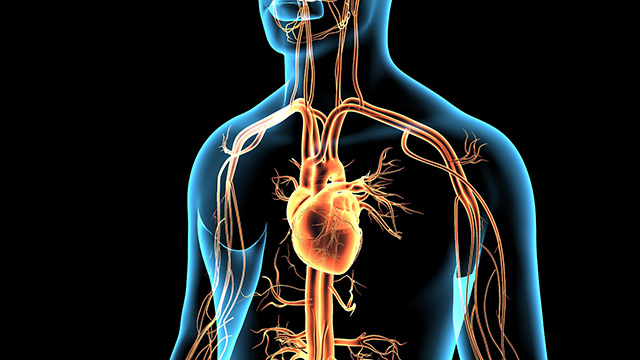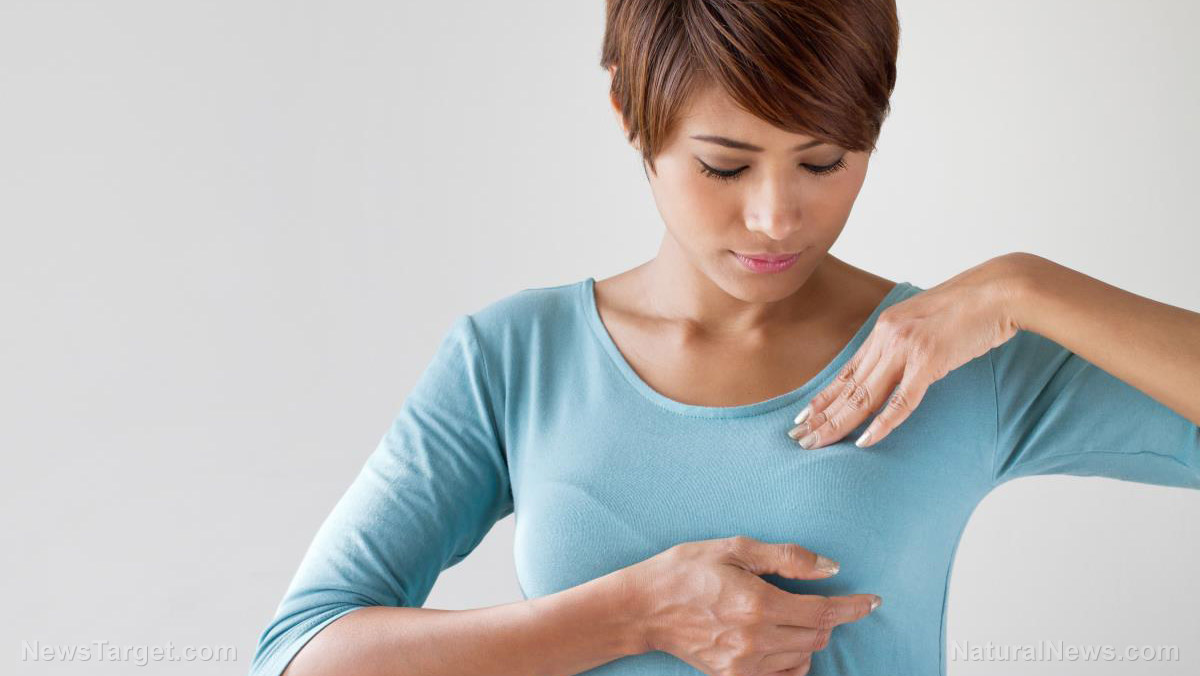
New research published in the Journal of the American Medical Association (JAMA) reveals that the rate of myocarditis (heart inflammation) following "vaccination" for the Wuhan coronavirus (Covid-19) is much higher than what the government is reporting.
The paper looked specifically at Moderna's mRNA (messenger RNA) injection, which was found to be most deadly in adolescent males aged 16 to 17 years of age following the second dose. (Related: Both Sweden and Denmark banned Moderna's covid injection for causing an extremely high number of myocarditis cases.)
After evaluating 1,626 cases of myocarditis in a national passive reporting system (the Vaccine Adverse Event Reporting System, or VAERS), the crude reporting rates within seven days after vaccination, the study explains, "exceeded the expected rates across multiple age and sex strata."
"The rates of myocarditis cases were highest after the second vaccination dose in adolescent males aged 12 to 15 years (70.7 per million doses of the BNT162b2 vaccine), in adolescent males aged 16 to 17 years (105.9 per million doses of the BNT162b2 vaccine), and in young men aged 18 to 24 years (52.4 and 56.3 per million doses of the BNT162b2 vaccine and the mRNA-1273 vaccine, respectively)," the study reveals.
Do mRNA shots target young men at a disproportionately higher rate than everyone else?
Young men clearly have the highest risk out of any other demographic, based on the data – even more so than older people, who are not seeing nearly as much of this type of injury.
The study's use of the term "expected rates" of myocarditis was based on claims calculated using 2017-2019 claims data, which was logged long before Fauci Flu shots were first introduced by Donald Trump under Operation Warp Speed.
Of those with jab-induced myocarditis, the median age was 21 years and the median time to symptom onset was two days. Males comprised a whopping 82 percent of cases for which sex was reported.
"There were 826 cases of myocarditis among those younger than 30 years of age who had detailed clinical information available; of these cases, 792 of 809 (98%) had elevated troponin levels, 569 of 794 (72%) had abnormal electrocardiogram results, and 223 of 312 (72%) had abnormal cardiac magnetic resonance imaging results," the study explains.
"Approximately 96% of persons (784/813) were hospitalized and 87% (577/661) of these had resolution of presenting symptoms by hospital discharge. The most common treatment was nonsteroidal anti-inflammatory drugs (589/676; 87%)."
While the study still claims that the shots provide "clear public health benefits," it warns about the "potential risks" involved, one of which is myocarditis, for which the "risks and outcomes ... after COVID-19 vaccination are unclear."
It also warns that this myocarditis risk "should be considered in the context of the benefits of COVID-19 vaccination."
The study also points out that it has previously been hypothesized that vaccines of all kinds can serve as a trigger for myocarditis. This was seen with the smallpox vaccine, which has been "casually" associated with myocarditis among United States military personnel who are forcibly jabbed as part of their service requirements.
"In addition, reports from several countries raised concerns that mRNA-based COVID-19 vaccines may be associated with acute myocarditis," the paper further explains.
While the primary outcome was the occurrence of myocarditis, a secondary outcome of Moderna's mRNA injections is pericarditis, which is another form of heart inflammation.
"If doctors would presume vaccine injury instead of presume coincidence, the numbers would be off the scale," wrote someone at Natural News about how VAERS only includes what is voluntarily reported by doctors in-the-know about what the jabs are doing to their patients.
"Trump enabled Big Pharma to cut through all safety standards and bring the 'warp speed' fake vaxxes to market," wrote another.
More of the latest news about health damage caused by Wuhan coronavirus (Covid-19) "vaccines" can be found at ChemicalViolence.com.
Sources for this article include:
Please contact us for more information.


















